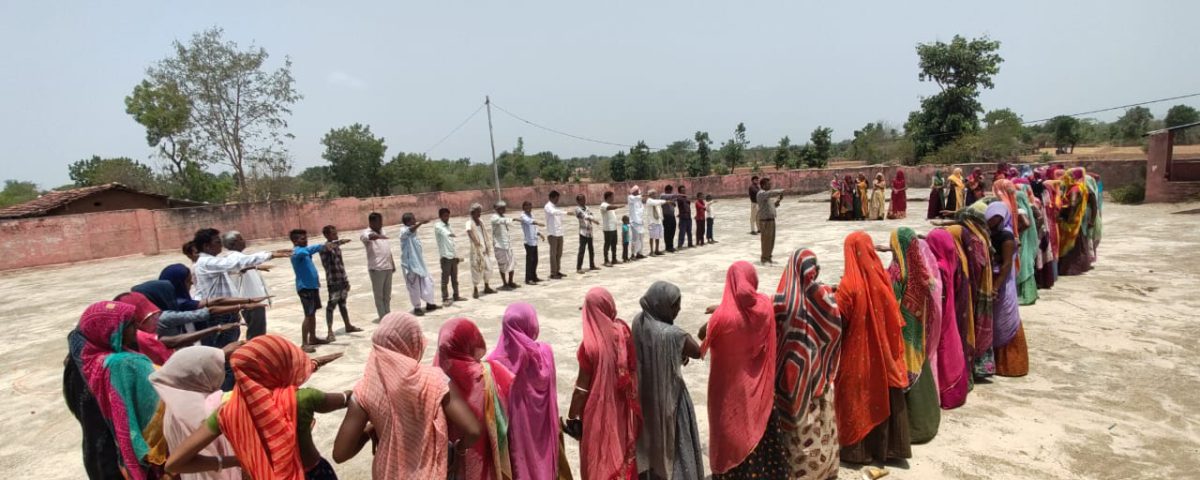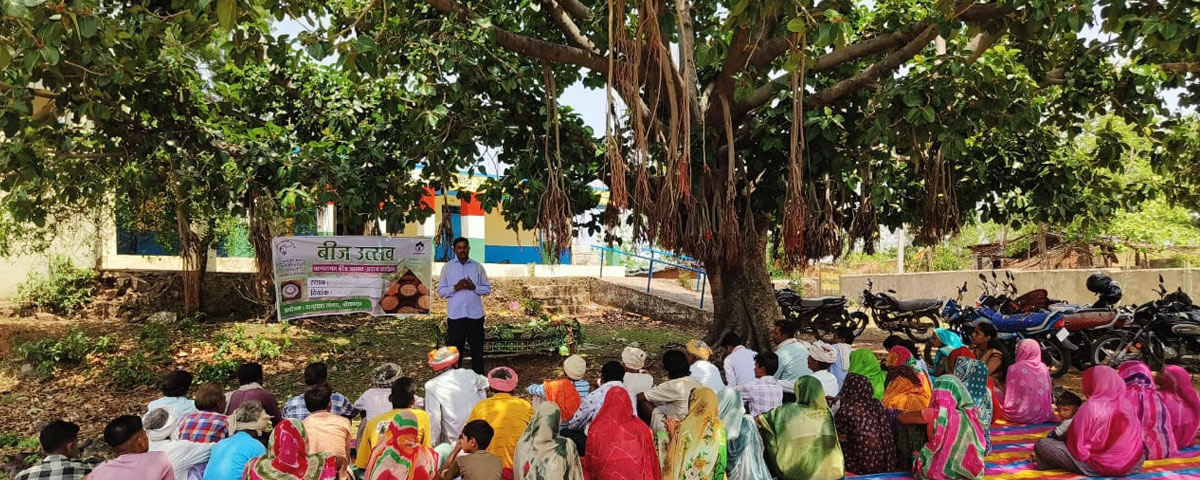
What We Do?
Seed Swaraj is a platform to bring Seed Sovereignty for farmers by ensuring the availability of native seeds
Identification of Seeds
During Farmer meetings, they collectively share information about indigenous seeds like seeds characteristics, quality, benefits, climate resilience, etc., which are documented by the Vaagdhara organization and after verification of this information and the uniqueness of selected seeds, farmers are registered on Seed Swaraj Portal.
Storage of Seeds
Different types of traditional methods are used by farmers for the storage of different types of seeds. For example, Seeds of lentils are kept in a pot by adding ashes; hanging vegetables like onion, garlic, etc., and wet seeds are sprinkled on teak leaves or walls.
Community Seed Exchange
Practice sharing and exchanging seeds by the farmers in villages or nearby villages, to support other farmers who are not able to store the seeds or to help some vulnerable farmer families.
Seeds Quality
Healthy plants are identified by farmers from their fields for seed production. After harvesting, seeds are segregated from the identified plants on the basis of uniform colour, size & insect free and then stored by using traditional methods.















